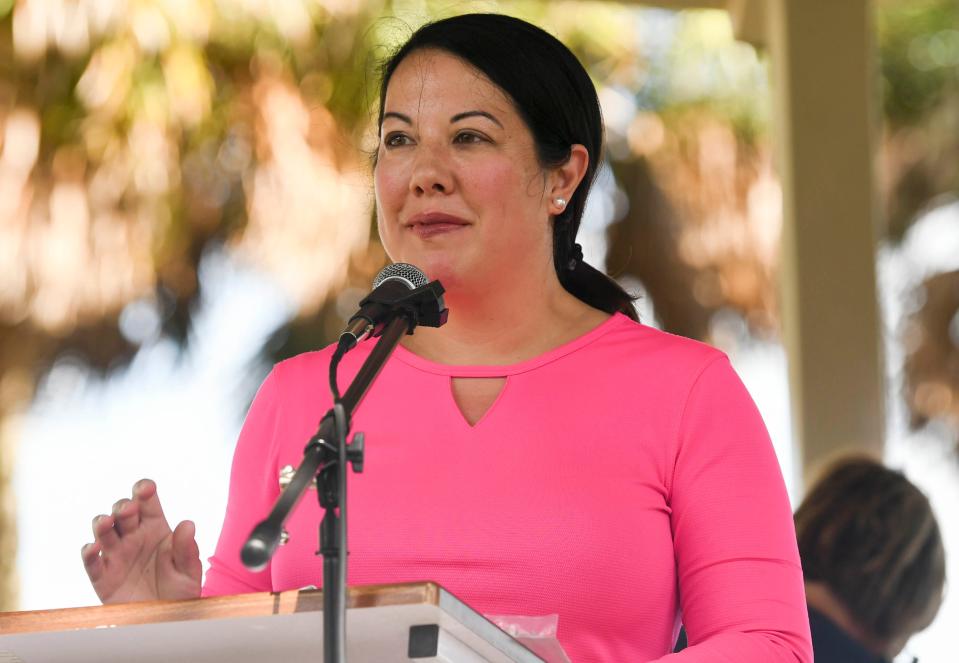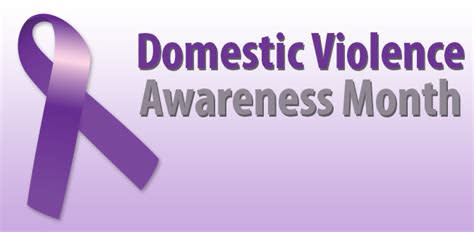Stopping domestic violence requires a coordinated community response | Opinion
Dan, 48, lost his job and moved into his brother Stuart’s home. Over the last few months, each day became more tense. One day, they started to fight over the thermostat and Dan hit his brother with a barbell.
Sally, 28, lived with her grandparents. She became upset when she couldn't get a ride to the mall, so she knocked her grandfather down and broke furniture in the family room.
Many may still think that domestic violence only involves a married or dating couple. However, domestic violence victims can also include siblings, parents, and grandparents who live with each other.
And over the past couple of years, two factors have caused family violence reports to rise: COVID, which found people spending more time at home together both for safety and as they worked remotely, and the increased cost of housing, forcing some people to live with other family members.

The power and control wheel is a tool that helps describe the different ways that an abusive partner can behave to manipulate their partner during a relationship. The abuser may demonstrate some or all of these behaviors. It is helpful for victims to identify the ways their partner is exercising power and control over many areas of their life, including: intimidation, isolation, emotional abuse, using economic abuse, minimizing, denying or blaming others.
Becoming familiar with the examples on the wheel can help you or a loved one get out of a bad situation.
Cindy Mitchell is director of the Brevard County Salvation Army’s domestic violence program, which operates a certified domestic violence center that serves adult and child survivors, both residentially and through outreach services. Services are confidential, voluntary, trauma-informed, free of charge, and centrally located in Brevard.

The center offers a variety of services to help survivors plan and escape abuse — a 24-hour phone hotline (and text/chat Monday through Friday), confidential emergency shelter at a 20-bed facility, counseling, court and other advocacy, legal referrals, relocation assistance, transportation, victim compensation filing help, and support groups for adults and children.
"It is important to note that domestic abuse victims need not come into shelter to access help, and we also serve adult male survivors with both shelter and outreach services," Mitchell said.
In addition, they provide education/training to people interested in learning about domestic violence and appropriate interventions that keep survivors safe and hold abusers accountable. Their prevention initiative targets youth for learning early on about how to have healthy relationships and works to reduce the risk factors for victimization and perpetration in the community.
Intimate partner abuse is a pattern of coercive control that may also include physical and/or sexual violence. For the abuser, it’s about having power and control over their partner — it’s not about anger. Abusers use coercion, threats, violence, intimidation, and financial control to get their way in a relationship (and isolate the victim from support) because they choose to. It’s not a mental health problem or caused by substance abuse.
According to Coral Perez of Serene Harbor, the Serene Harbor certified domestic violence center has provided safe, confidential services through residential and outreach programs to victims in Brevard for almost 30 years.
More: 'Dress for Success' clothing drive aims to give women head-to-toe boost in confidence
More: Brevard deputy charged with battery domestic violence; sheriff fires him
Their programs are designed to break the cycle of domestic violence through the promotion of programs designed to increase survivor independence, outreach, and residential services focused on immediate safety, prevention processes, and opportunities working with youth and local institutions. Community outreach initiatives prompt more widespread advocacy and awareness about the prevalence of domestic violence in Brevard County.
Additionally, the Women’s Center locations in North and South Brevard strive to get in front of the problem by providing education regarding the signs of domestic violence, healthy and unhealthy relationship behaviors, and how to support those facing these issues and connect them with the services they need.
Other organizations in Brevard can help victims in different ways as well as advocates in many police departments, Brevard County Sheriff’s Office, and the State Attorney’s Office.
We all know someone who has been affected by intimate partner violence — a family member, friend, colleague, congregation member, etc. The solution to domestic violence requires a coordinated community response and much tragedy can be prevented when the community takes steps for effective and meaningful accountability for those who abuse their partners and children.
If you or someone you know needs help, call the statewide Domestic Violence Hotline: 800-500-1119.
The 24-hour hotline for Brevard Salvation Army is 321-631-2764.
Don’t be afraid or ashamed to ask for help before it’s too late.
Susan Hammerling-Hodgers is a Guardian ad Litem, a supporter of Serene Harbor and sits on the Board of Directors for Crosswinds Youth Services and BRIDGES
Support local journalism and become a subscriber. Visit floridatoday.com/subscribe
This article originally appeared on Florida Today: Stopping domestic violence requires a coordinated community response

